The youngest country in the world, India, is often criticized for not having enough young parliamentarians. On one end dignitaries proudly state that when the world turns old, India will stay young, but on the other hand, only 6% of the Indian parliament comprises people below the age of 30. Thus, though the majority of the Indian population is young, it has near to no participation in the apex body that deals with policymaking. However, India does not fare very poorly in this regard in comparison to the world, as the youngest parliament in the world, Norway, has only 13.61% parliamentarians under the age of 30. Yet, this is not something to be satisfied with. 13% need not be the benchmark for a country like India, we must aim higher. It is a fair argument that parliamentarians and policy makers must be mature and experienced individuals but such an argument is not entirely satisfactory. The reason is that experience cannot be considered as an argument to negate the opinions and participation of nearly two-thirds population of our country.
One of the primary reasons for low youth participation is that the minimum age for an individual to be part of India’s highest legislative body is 25. Indeed, politics does not just mean being part of the government, rather it is a small part of it, but it is the one which creates the biggest impact on the society. The experience and maturity argument is brought back here. The general notion is that the youth must be trained and taught and they must learn by observing so that they are the leaders of tomorrow. Nelson Mandela once said, “The youth of today are the leaders of tomorrow.” As much as I agree with this quote of his, my question is, why are they just leaders of tomorrow and not considered leaders of today? Why is young age considered as a reason for presuming that an individual cannot have a large impact or is not mature enough to participate in policy-making and be part of a country’s decision-making body?
The youth is just awaiting an opportunity and the world will see them embarking on a journey of revolution and positive change. With every passing year, the involvement of youth in change-making is drastically increasing. The interesting thing is that most of these interventions are not because a particular opportunity was provided to the youth but because they saw the need to take action, took the initiative and achieved the goal successfully. Today, it is difficult to back a claim that the youth are not capable enough to be political leaders and do not possess the skill set to let them take an active part in politics. The youth is running their organizations, initiatives, companies, businesses, and forums and are bringing about a change in society by being leaders. In such a scenario, I fail to understand how they are pictured as not being of the right age to be leaders. This argument of the incapability of the youth to participate in politics makes less sense to me when I begin to think about India’s freedom movement. From revolutionaries like Shaheed Bhagat Singh to pioneer politicians like Jawaharlal Nehru and Netaji Subhas Chandra Bose began their active political careers in their early or mid-twenties. As much as the old leaders like Mahatma Gandhi are credited for India’s independence, the contribution of the youth is at par, if not more.
Another flawed argument in India to prevent youth participation in politics is that they are not interested in being part of politics. Reports tell that students studying subjects like polity, political science and international relations are at an all-time high in India. This rise is not just seen among men; rather reports also state that nearly 52% of the students studying political science in colleges in India today are women. Young people are opening think tanks and forums to have discussions on pertinent issues and are even involved in policy consultation. If you wish to witness an individual’s oratory skills, diplomatic ability and the promptness with policy of today’s youth, you must go and attend a Model United Nations (MUN) Conference or a Youth Parliament. Not just in UN committees like the Security Council and General Assembly, the youth has shown exemplary performance in committees like Lok Sabha, Rajya Sabha and All India Political Parties Meet. With their out-of-the-box thinking, diplomacy skills and new-age thought process, they have at times come up with extremely innovative and on-point suggestions on topics like the New Education Policy, Uniform Civil Code, etc. The current delegates of Youth20 (Y20) India are also a perfect example to analyze the leadership capabilities of Indian youth.
As the youth asks for a chance to be part of politics, they must also realize that with position comes greater responsibility. Not just the responsibility of making the world a better place to live in by creating stringent policies and ensuring that they are implemented but also by ensuring that they extend a hand to the upcoming generations. All the youth that do get the opportunity to be part of politics, it is their duty as well to pave a path for greater youth participation and also for mentoring the interested youth. Moreover, a know-it-all attitude will not be the most beneficial. A good leader must always listen and learn, that is what the youth will have to keep in mind. Doors for opportunities are gradually opening and the youth must make the most out of the opportunities provided.
Before concluding, an important aspect of youth’s involvement in Indian politics, I would like to highlight is diversity. When we say that the youth is the leader of today, which youth are we talking about? The majority of the Indian population continues to be rural or poor and largely uneducated. All the discussion we have had till now tilts towards the urban youth participating in politics and how they have been successful. The independence movement does come to our aid again, as we observe in the movement that all those who participated in politics even then were not educated but with the right guidance and training they could make the apt decisions as per requirement. Today, the numbers of young sarpanch in villages are also rising. Both men and women are taking an active part in not only central or state politics but also rural politics. This diversity of India is not to be ignored and greater attention needs to be paid to guiding rural youth and providing them with opportunities so that they do not get neglected.
This article poses a simple argument, why should youth be only taken as leaders of tomorrow in politics, when they possess the caliber to be leaders of today? Certainly, the right guidance and mentorship are required to compensate for the possible experiential lack, if any. The world must also understand that when they call out the youth for not having the experience, it is they who have not provided the youth with the right opportunities and space to gain experience, learn and grow. Countries like Rwanda, Kenya, and a few others have had this realization and have provided reservations for the youth in their parliaments to ensure consistent participation. Since time immemorial, youth has shown its capability of being a leader and its ability to embark on positive change. Most of these young leaders generally found senior leaders who were willing to groom them and let them be leaders of the present and the future. These mentors never told them to wait for 30 years and be considered mature at 45, to become a political leader. To state a few examples, Gopal Krishna Gokhale mentored Gandhi, Netaji Subhas Chandra Bose was mentored by Deshbandhu Chittaranjan Das, and the list goes on. Thus, existing leaders must also follow the decree and take up roles of mentors for young and aspiring leaders. I feel for this young India of today, for the young to be political will be a boon and it is time for the country to create an environment for the same. Today’s India is young and it deserves to be aptly represented and make decisions for the world they wish to live in. Youth has the potential and they must be allowed to be leaders of today, not be thought of only as leaders of tomorrow.







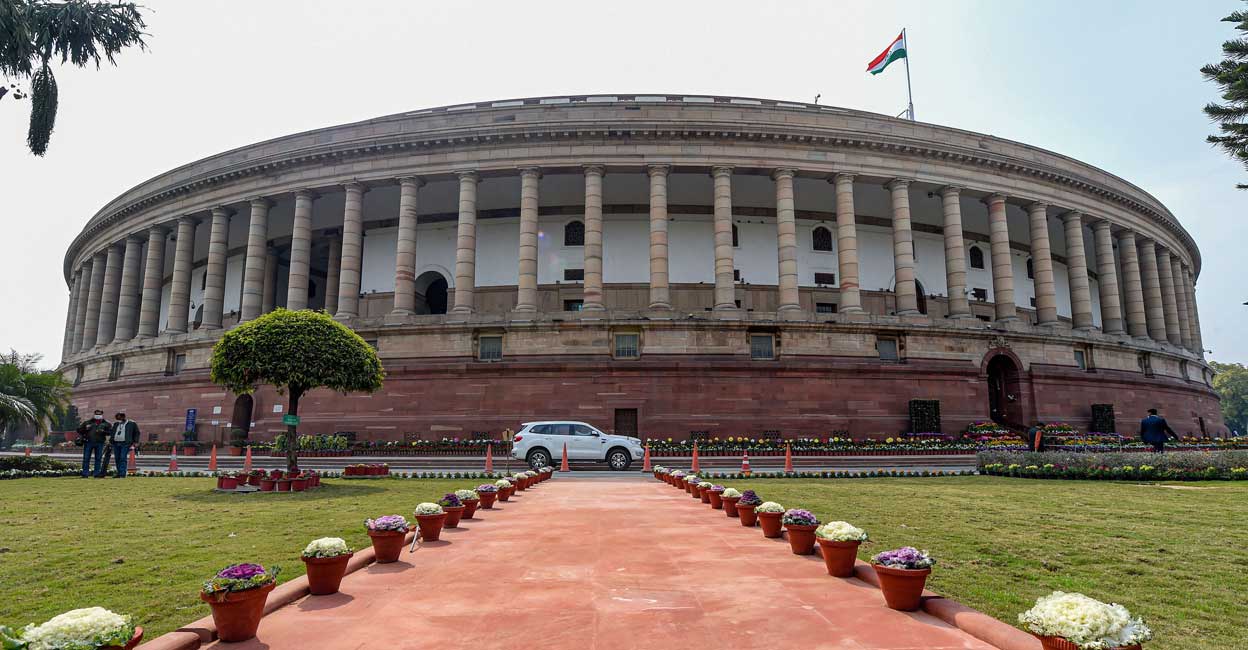
 OpinionExpress.In
OpinionExpress.In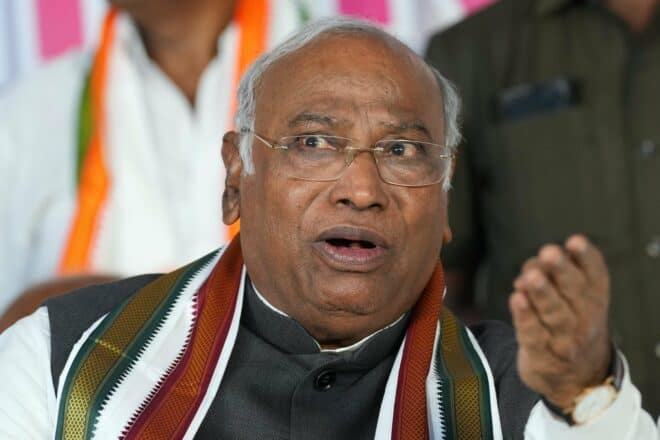
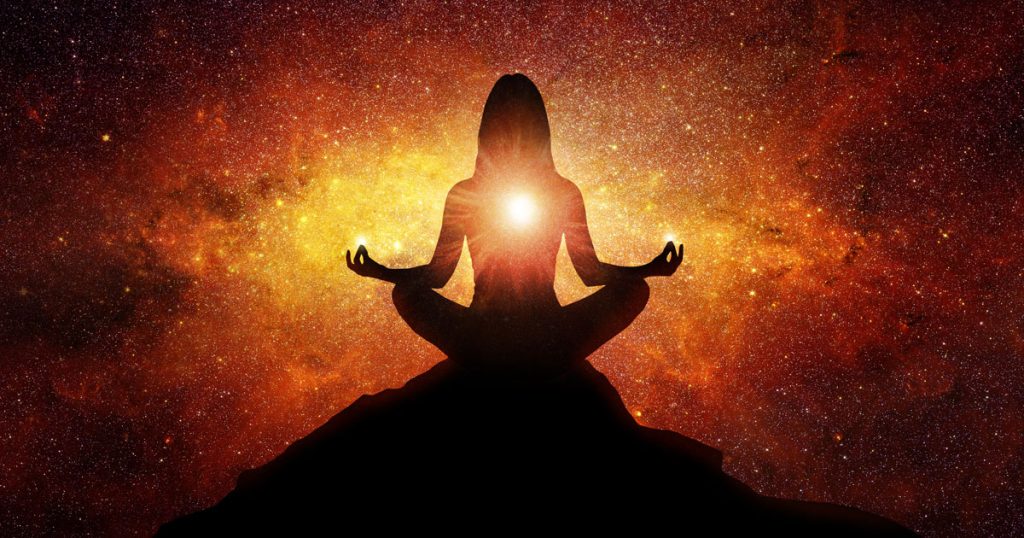
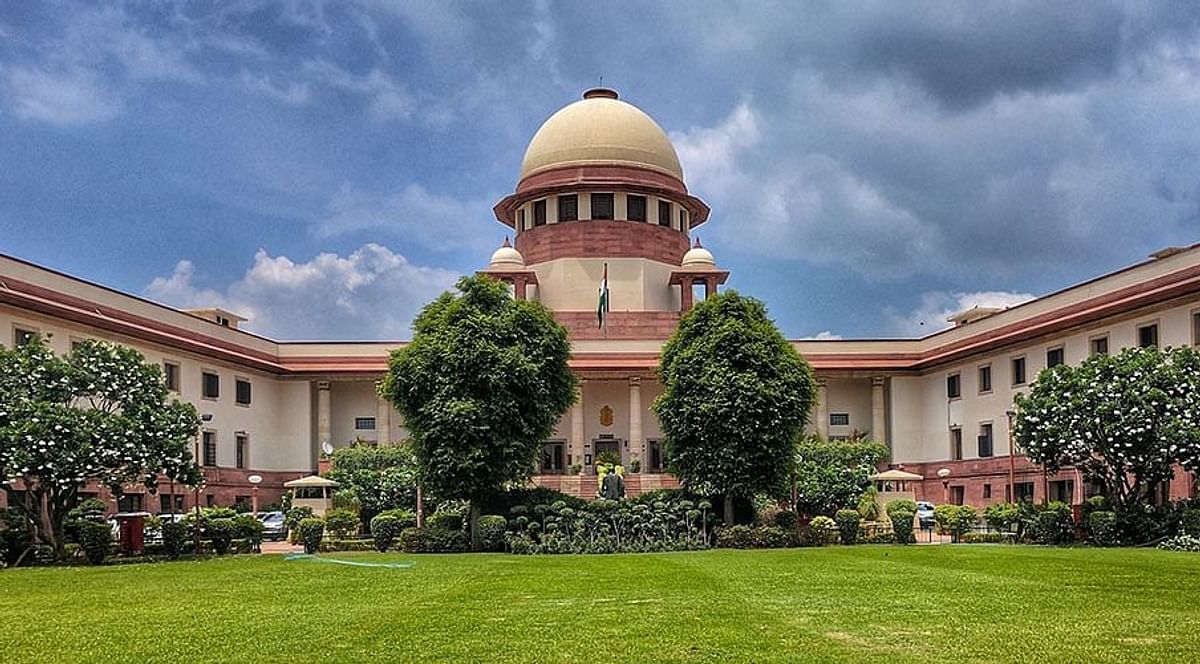
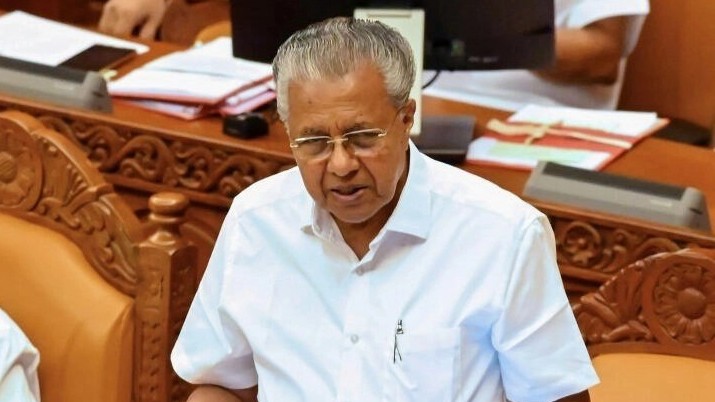
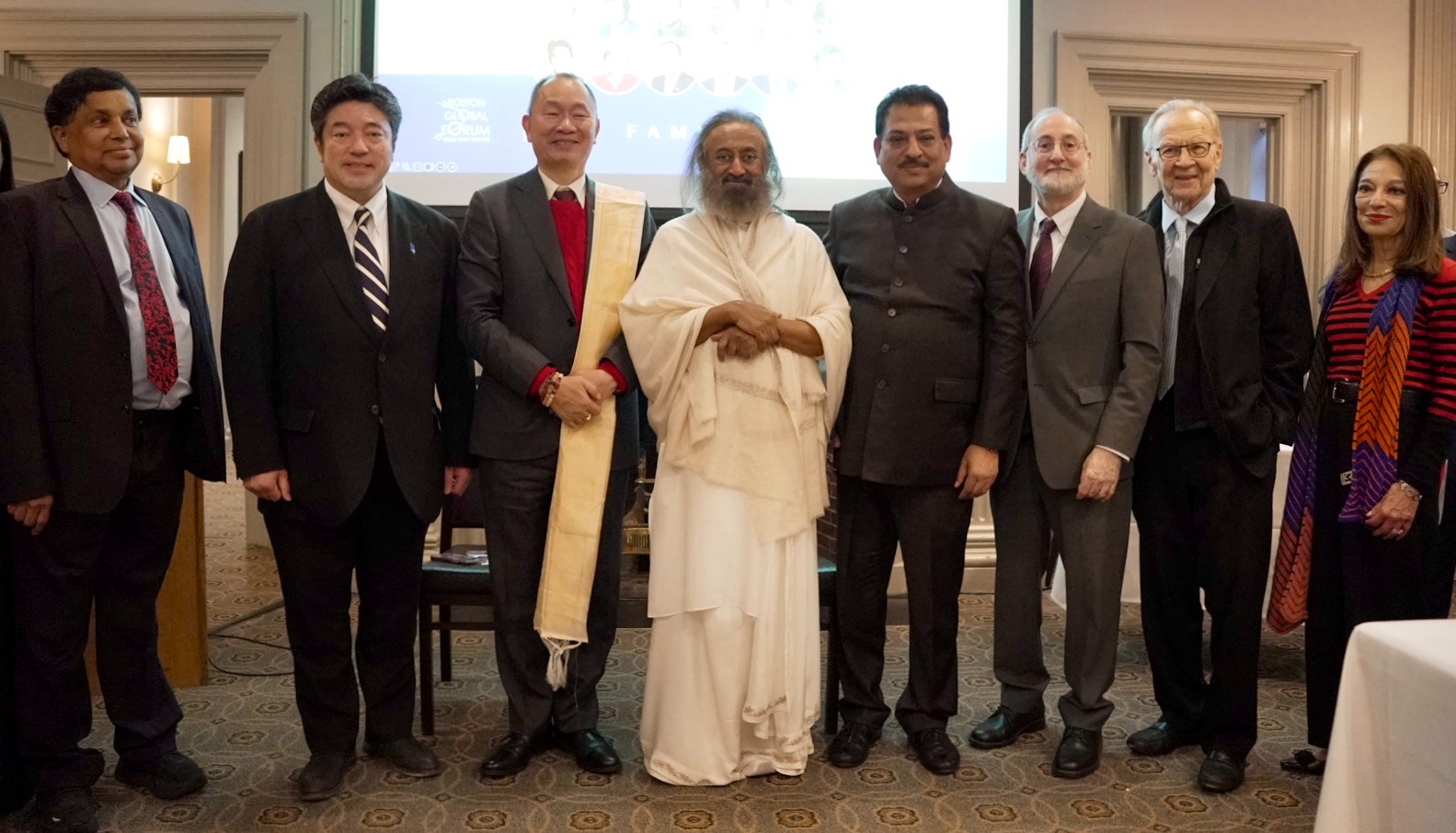
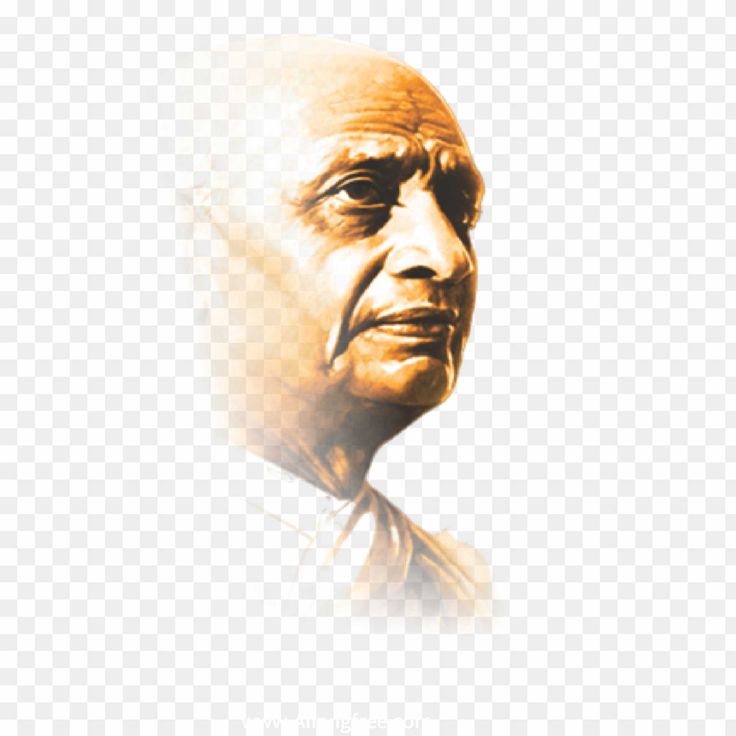
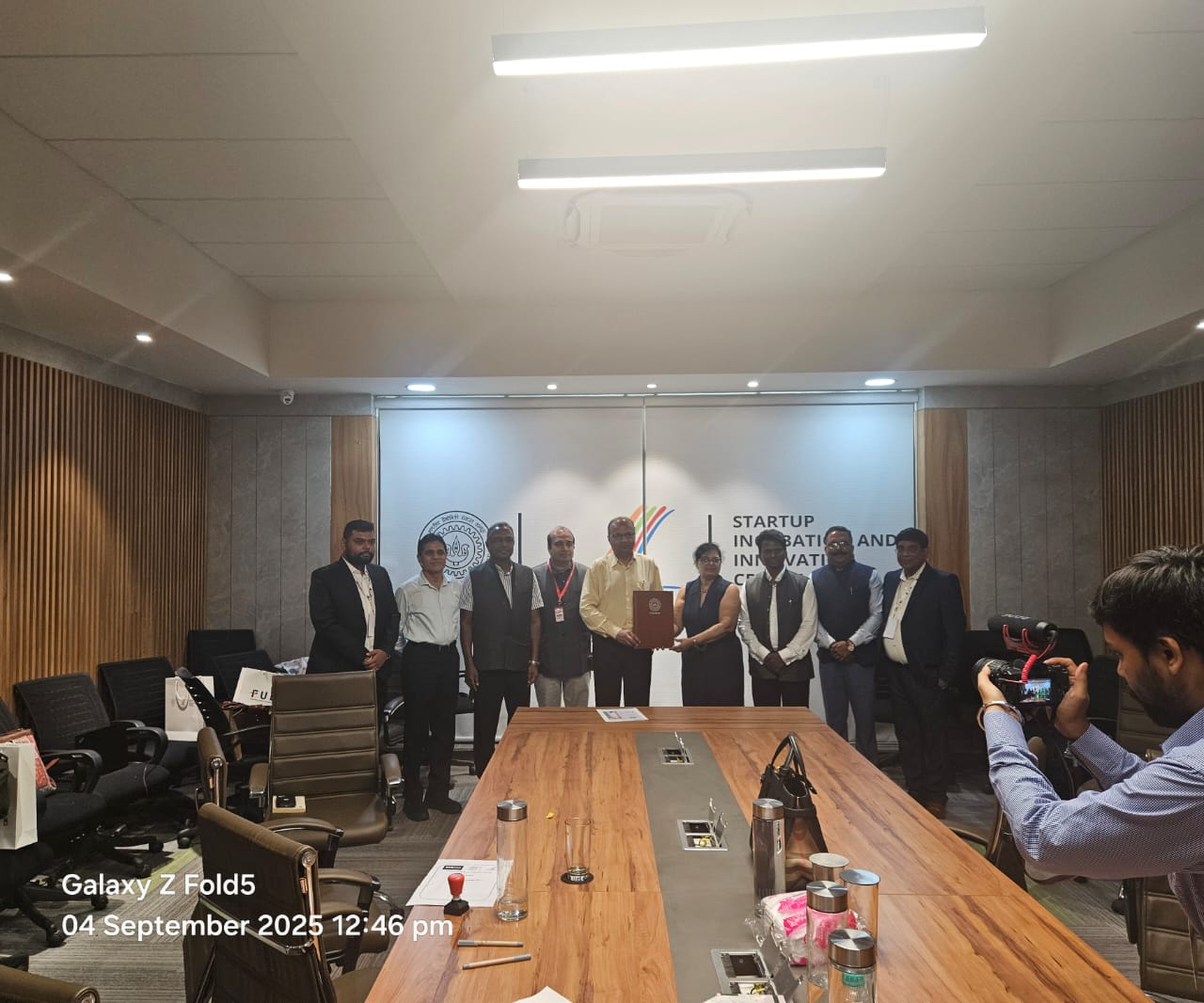
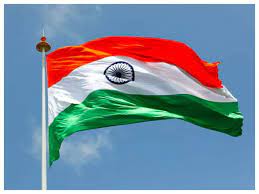
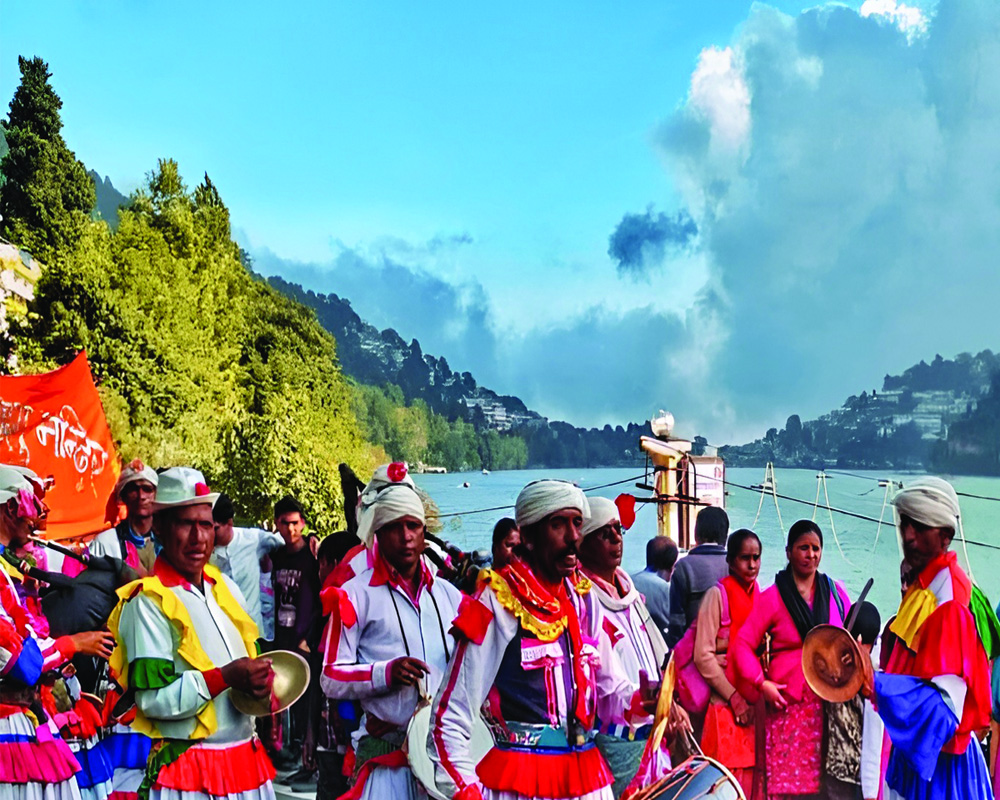







Comments (2)
Very well written!! Thought provoking
Hope you have sent your views to Speaker Lok Sabha, and copy to Working Committees of prominent Political Parties of India.Maybe it can be discussed in Parliamentary Reforms Committee. Best Wishes! J S Sondhi